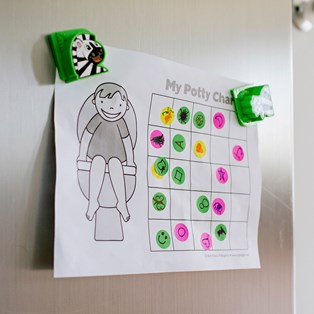How to get children to do as they are told without punishing them

So what should parents try instead?
By Peter Malik
December 06 2016
It’s up to parents to teach their children appropriate behaviour, but punishing them when they do something wrong is not the answer.
Alan Kazdin, director of the Yale Parenting Centre, says time out, yelling and trying to reason with a child won’t change their behaviour and usually ends in an argument.
So what should parents try instead?
In an interview with The Atlantic, Kazdin says modelling how to act is a great way for children to learn what it is expected of them.
Additionally, explaining to you child why they shouldn’t do certain things is a good idea as “it changes how they think, it changes how they problem solve. It develops their IQ, but it's not good for changing behaviour.”
What is good for changing behaviour is positive reinforcement, or applied behaviour analysis.
Applied behaviour analysis is the process of applying interventions based upon the principles of learning theory to improve socially significant behaviours to a meaningful degree.
Kazdin says parents should focus on three things: what comes before the behaviour, how you “craft” the behaviour and what happened after the behaviour occurred.
“There are a whole bunch of things that happen before behaviour and if you use them strategically, you can get the child to comply," writes Olga Khazan for The Atlantic.
One is how you deliver the instructions and another is choice.
"Choice among humans increases the likelihood of compliance. And choice isn't important, it's the appearance of choice that's important. So now that's what comes before the behaviour," Khazan continues.
For example, "Sarah, put on the green coat or the red sweater. We're going to go out, okay?"
Most importantly, when your child behaves appropriately, you must praise them “and you have to say what you're praising exactly.”
With practice, Kazdin says you should see changes in behaviour in two to three weeks.
And the best part it is, it works for all ages.













